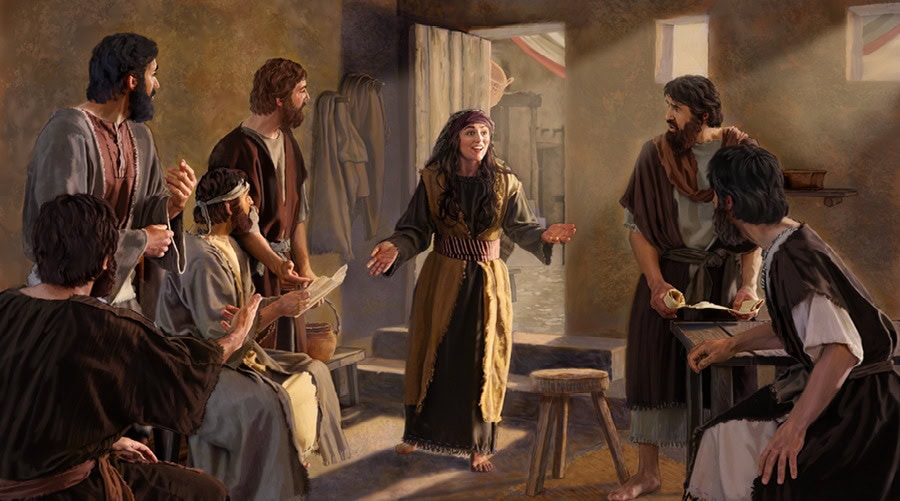5 Ways to Love Your Neighbor Through Service
March 3, 2025

“Love your neighbor as yourself” (Mark 12:31). In a world often focused on self-interest, Christ’s command offers a refreshing counter-cultural perspective. He calls us to look beyond ourselves and actively serve those around us. But what does it look like to love your neighbor through service? Here are 5 ways to do that.
Meet Physical Needs
One of the most direct ways to love your neighbor is by meeting their tangible, physical needs. Jesus himself emphasized this when He said, “For I was hungry and you gave me something to eat, I was thirsty and you gave me something to drink, I was a stranger and you invited me in, I needed clothes and you clothed me” (Matthew 25:35-36). This might mean preparing a meal for a busy family, donating clothing to those in need, or helping an elderly neighbor with home repairs. These acts of service address immediate needs while demonstrating God’s love in practical ways.
Be Present in Times of Difficulty
Loving service often requires nothing more than your presence and compassion. Romans 12:15 instructs us to “rejoice with those who rejoice; mourn with those who mourn.” Sometimes the greatest gift we can offer is to listen, comfort or to offer a shoulder to cry on. By walking alongside others through their struggles, we embody Christ’s compassion.
Share Your Unique Gifts
Each person has been blessed with unique talents and abilities. In the Bible it says, “Each of you should use whatever gift you have received to serve others, as faithful stewards of God’s grace in its various forms” (1 Peter 4:10). Whether you’re skilled at teaching, organizing, creating, or problem-solving, these gifts can become powerful tools for serving others when offered in love.
Extend Grace and Forgiveness
Perhaps one of the most challenging yet transformative ways you can love your neighbor is through grace and forgiveness. In Colossians 3:13, Paul reminds us to “bear with each other and forgive one another if any of you has a grievance against someone. Forgive as the Lord forgave you.” When we extend grace and forgiveness, we create space for healing relationships.
Care for the Vulnerable
In James 1:27, we are told that “religion that God our Father accepts as pure and faultless is this: to look after orphans and widows in their distress.” This principle extends to serving all vulnerable populations—the elderly, children, those with disabilities, and others who may be overlooked.
Conclusion
In Matthew 20:28, Jesus said “the Son of Man did not come to be served, but to serve.” By serving others in these ways, you are demonstrating the love of Christ in others that can help lead to spiritual conversations and helping people discover God.
To learn more about Jesus and how to love like Him, be part of a daily Bible reading plan.




